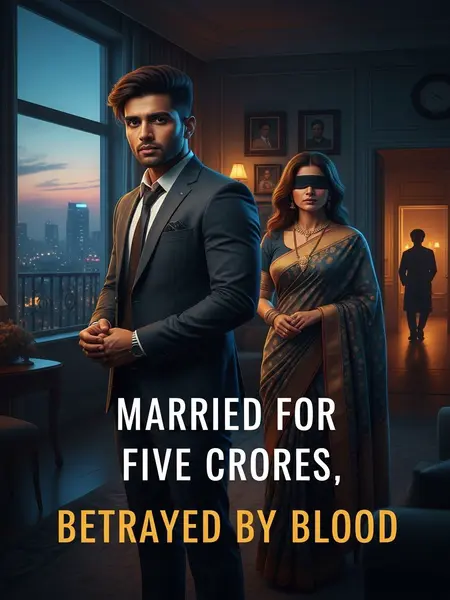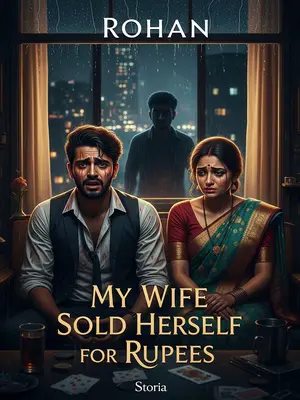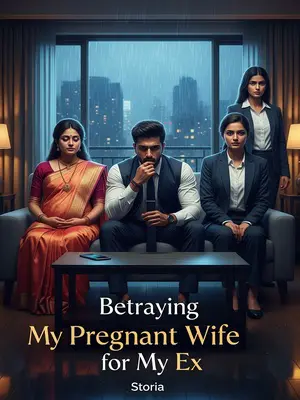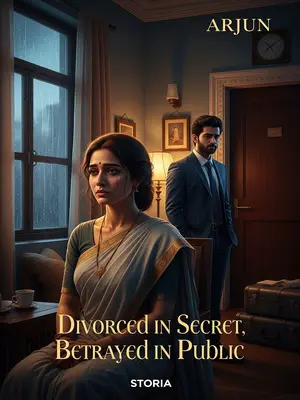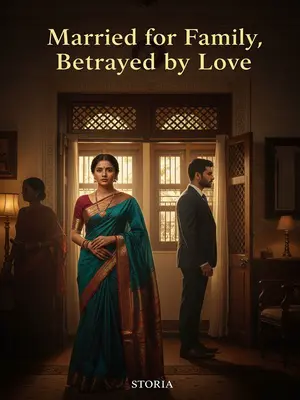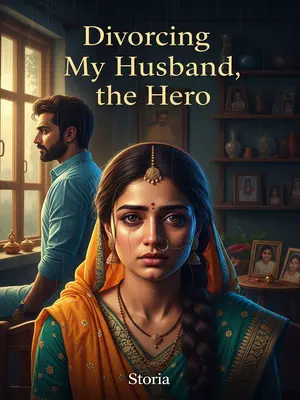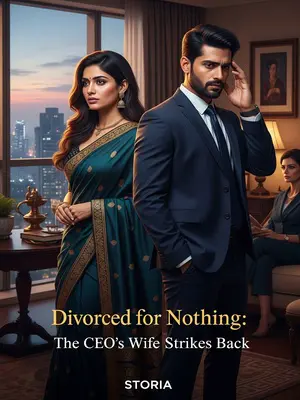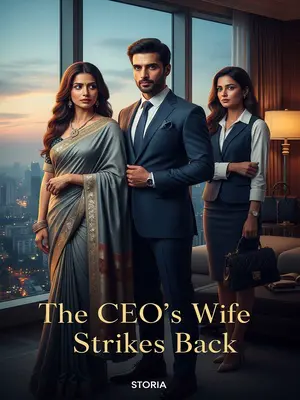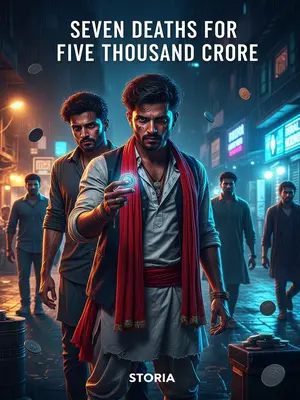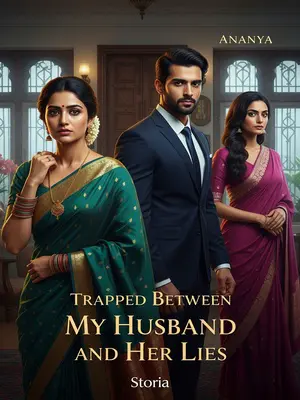Chapter 3: A Deal Sealed
After hearing Meera’s story, I couldn’t speak for a long time.
A shaft of sunlight fell across the café floor, dust dancing in the beam. How many Meeras were out there in Delhi, suffering quietly while the city rushed past?
“So you think your cousin switched your medicine?”
She nodded, slow and deliberate.
“I can’t think of anyone else. Only the doctor and my cousin have access to my medicine.”
She twisted her dupatta, fingers fidgeting, the image of trust broken in every nervous gesture.
I said, “I don’t get it... Even if his love soured, this is too much.”
My voice wavered, a part of me hoping for another answer.
Meera spoke like she’d aged ten years overnight. “Maybe it’s about money. Sometimes, people change when money is involved. Even family.”
“If he wants money, wouldn’t you give it to him? He’s the only one who’s been good to you.”
I wanted to defend him, but she shook her head.
“Maybe he wants all of it.”
Her tone was flat, resigned, as if she’d accepted this truth long ago.
I understood.
For a moment, I felt the weight of a million Indian inheritance battles—how money turns family to foe.
“But if you die, your cousin isn’t next in line.”
My LLB classes and my father’s lectures echoed in my head. “The law’s clear—spouse, children, parents, then siblings and grandparents. You have none, right?”
Meera nodded. “Right. Normally, my cousin has no rights. But if the three years he lived with me count as guardianship, he could contest. There’ve been cases.”
She spoke like someone who’d stayed up reading obscure court judgments.
Meera sighed, turning her face away, fingers tracing the glass’s rim. “I hate thinking this way.”
“So he has a motive.”
The logic was simple, but the pain behind it was massive.
I looked at her for a long time. Underneath that soft voice, her mind was sharp as a lawyer’s.
Suddenly, it clicked: “You want to marry me to cut off his hope of inheriting?”
If she married, her spouse would be her legal heir. Maybe then her cousin would finally let her be.
In that moment, her plan made sense. She was saving herself the only way she knew.
I tried to joke: “So, like, appointing a successor in advance?”
It fell flat.
She didn’t deny it. “It’s just for show, samjhe? Five years, nothing more. One crore per year.”
I stared. Five crores for five years—who gets that kind of offer?
It sounded like a Bollywood plot, but the fear in her eyes was all real.
“Actually, there’s an easier way. Make a will and tell your cousin he gets nothing. He’ll leave you alone.”
I ran through legal options, desperate for an easier way.
She was stunned. “I told you, I don’t want to lose him. I can’t make things so final.”
Her voice cracked, barely a whisper. In India, breaking family ties is never simple, no matter the pain.
I took a sip of my chai, but the sweetness couldn’t wash away the bitter taste in my mouth.
“Why me, then?”
I kept my tone soft.
“I said, I want a stranger. Anyone will do. I don’t care if you’re a bad person—we’ll sign a contract, and I’ll make a will too, just in case. But if you’re on Drishti Sewa, you can’t be all bad.”
She smiled faintly, as if she could see straight through me.
“You don’t even know my age or what I look like.”
I tried to lighten the mood.
“It’s fake anyway. And does it matter what you look like?”
Her words hit home. There was a raw honesty in her blindness.
I managed a bitter smile. What a shame—I actually look pretty good.
“I’m thirty-four.”
I wondered if that mattered.
Meera replied, calm as ever. “I know.”
No hesitation. Like she’d already done all the math.
“There’s another thing. Three years ago you were sixteen. You’re only nineteen now. Marriage age is twenty-one. What now?”
I did the math, suddenly realising the plan had a snag.
She paused. “Then just be my fiancé for now. Jo bola tha, wahi milega.”
She sounded more businesswoman than teenager. Her resolve was both impressive and heartbreaking.
---
